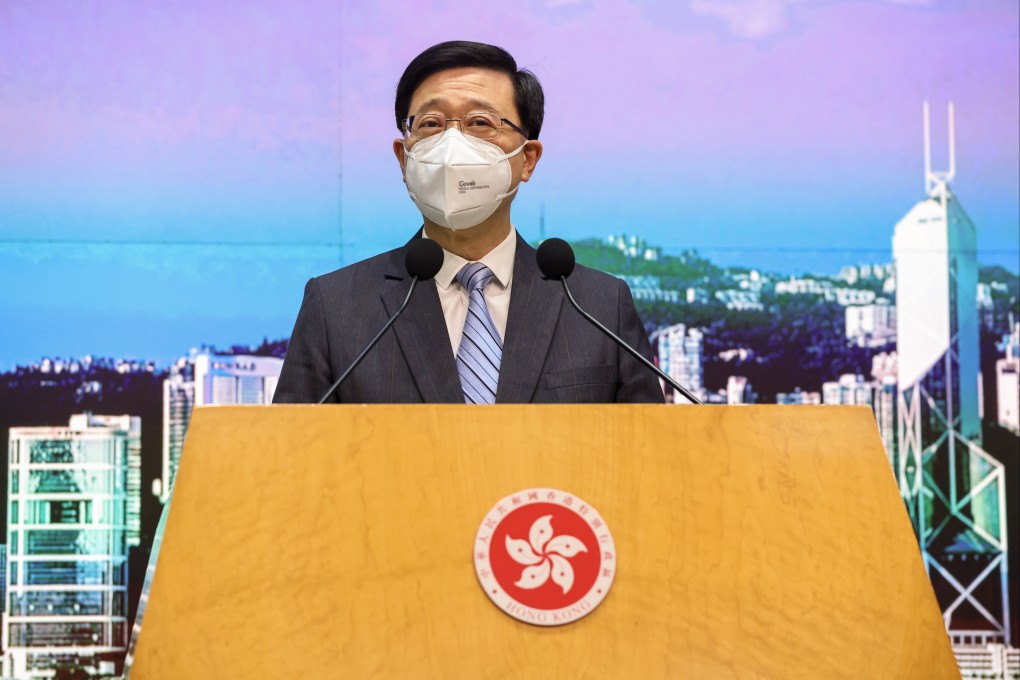Editorial | Hong Kong well placed for role in international mediation project
- Disputes are always best settled through negotiation, and Hong Kong’s common law traditions, legal expertise and global outlook will serve it well in Beijing’s latest move

Most disputes, from family divisions to clashes between nations, are best resolved through negotiation. The alternatives are best avoided, whether costly court battles or brutal wars.
Mediation provides a means of working through differences and finding an amicable solution. Beijing’s move to launch a government-level international mediation body is, therefore, welcome.
A preparatory office will be established in Hong Kong next year. More details of this new player in the field are needed, but it is still at a preliminary stage and much work remains to be done.
A statement by the Ministry of Foreign Affairs revealed that agreement had been reached with an unspecified number of “like-minded” countries to jointly establish the organisation.
It will provide “friendly, flexible, economic and convenient” solutions for all types of international disputes, we are told. Much depends on the drafting of rules for the new body.
It will be convention-based. The rules must be clear and transparent. It is important they inspire confidence in mediators’ neutrality, independence and impartiality.
The organisation might work in a similar fashion to other international bodies offering mediation. The Permanent Court of Arbitration, for example, is based in The Hague and has 122 contracting parties, including China. It considers cases involving individuals and companies as well as conflicts between states.
